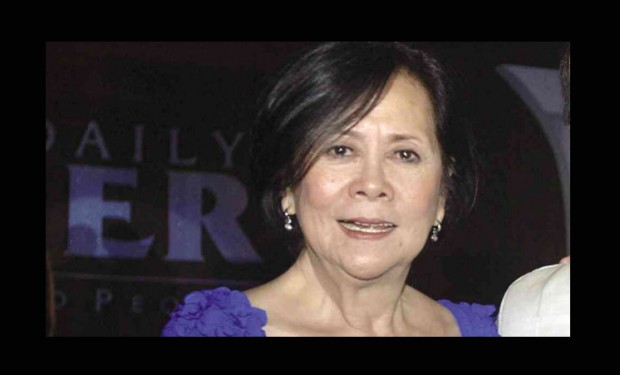
She’d go along in the end, but not without grumbling. “It’s the story that’s important; not the storyteller,” she would say.
But now she is the story, and as all these tributes reveal, a huge part of many of ours.
This was what Letty did best: She inspired. She could make each of her reporters feel exceptional without resorting to flattery.
Like a good parent, she could simply discern the better bits in each of us and focus the warm beam of pride on them.
In return, we would try to rise to the occasion (I can almost hear Letty adding, “I couldn’t always tell.”)
She bookended my working years as a journalist. Her quirky insights were part of my life’s soundtrack. “Marry a doctor,” she told young, single reporters. “You won’t have to worry about making a living, and you can’t be bought.”
One day when I was 21 and soon to get married (though not to a doctor), my mother complained to her: “Francoise is too young. She needs a past.”
Letty answered, “She’ll build her past with her husband.”
In the late 1990s, she became my boss again at the Inquirer, where I was a junior editor. Many evenings, after the first edition went to bed, we would swap stories and dissect the day’s events over a bottle of wine and a full ashtray.
Letty never tired of talking about old-school ideals of journalism, ethics and what she called “the mission” of the paper.
I wish I had a peso for each time I heard her say “the Inquirer style.” She filled those evenings with her throaty laugh, wry sense of humor and unvarnished honesty.
The last time I saw Letty was in February when I was visiting from Washington, where I live now. It was around Chinese New Year, and she gave me a small wooden Buddha. “Here,” she said. “Get lucky.”
She was my friend, and so I already was.